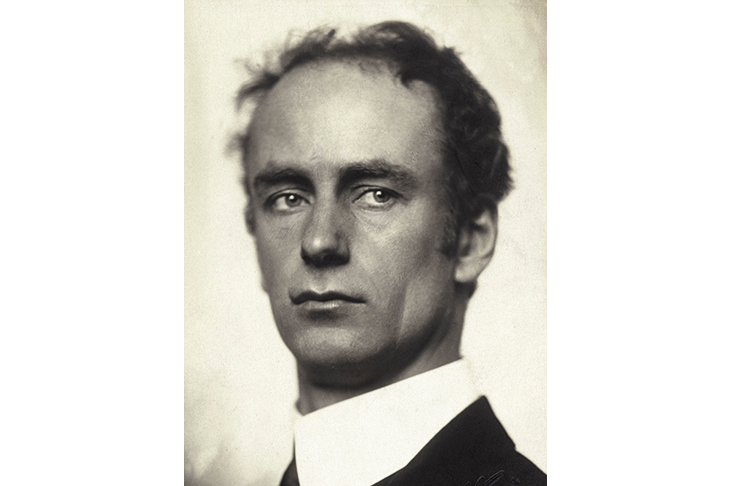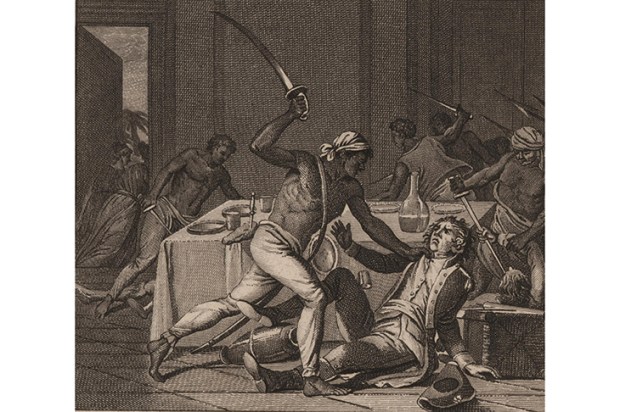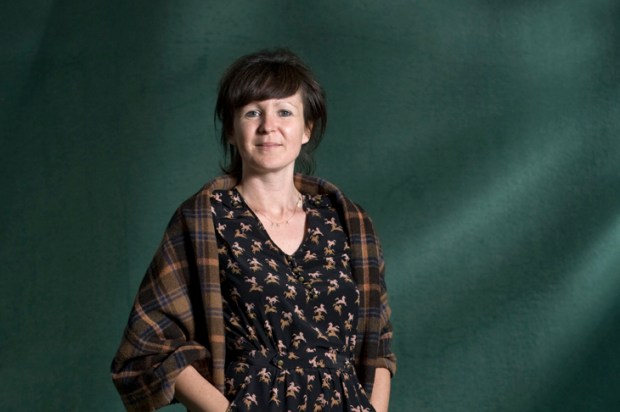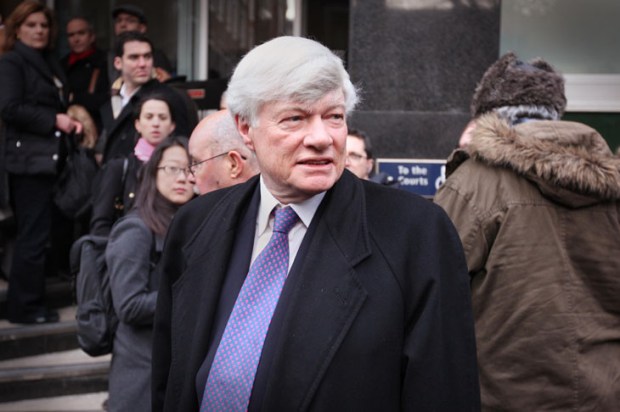The titans of the podium, a late 19th- and 20th-century phenomenon, a species now extinct, have on the whole been well served by their biographers, with Peter Heyworth’s Otto Klemperer: His Life and Times as the ideal. Wilhelm Furtwängler, by far the greatest of them all in my and many other people’s opinion, has not been nearly so fortunate. Partly that may be due to the nature of his genius, in that in most of his performances, as can still be heard on innumerable recordings, he seems to have a larger part in the creative process than almost any other performer (only Callas and Sviatoslav Richter, both passionate admirers of his, share that feature), and that is considered at least a dubious quality in this time of textual fidelity. Partly too, and perhaps making people now more uneasy still, his recordings — most of them of live performances — are so overwhelming in their intensity and depth as to be unsettling, in a way that makes many listeners suspicious of their effect.
Unfortunately, that is not the level on which most biographers of Furtwängler have operated. What has obsessively concerned them, whether they have been admirers or uneasily hostile, has been his staying in Germany throughout the Third Reich and, after a two-year enforced silence from 1945, making a triumphant comeback. With his immense prestige, as chief conductor of the Berlin Philharmonic — so the indictment runs — he could have found a job anywhere, and been a bastion of the free anti-fascist world.
That claim, which has been stated and reiterated now for 85 years, has been debated even on the stage, in Ronald Harwood’s fine play Taking Sides, and any attempt to discuss Furtwängler’s art tends quickly to get sidetracked into an argument about his conduct rather than his conducting, in a way strikingly parallel to that in which Wagner’s anti-Semitism takes over most attempts to discuss his art.
This new biography by Roger Allen claims to take the argument further, with a study of Furtwängler’s writings and more cursorily his compositions. He wrote throughout his life, primarily on musical issues, but inevitably on more general subjects too. Privately educated to a very high level, he was an exemplar of Bildung (the German for ‘education’ in the broadest sense), founded on study of all the arts, and of the supreme example of Bildung, Goethe.
By the time Furtwängler performed and wrote, the intellectual atmosphere was full of philosophical speculations on the organic and the biological — terms and concepts which the Nazi ideologists took over for their own purposes, but which many intellectuals, violently opposed to them, also used. Furtwängler employed the vocabulary of his period to work out the issues which obsessed him, and his writings, both published and in notebook form, are extensive and cloudy. Allen’s is the first book in which they have received detailed treatment. He uses them to build up a picture of the conductor as a participant in Nazi ideology, a willing tool for Goebbels and his ilk, and reaches, halfway through this labour of loathing, the conclusion that ‘Furtwängler became the perceived musical representative and the visible artistic embodiment of Nazi Germany’.
That is a stronger claim than even most other writers bitterly hostile to Furtwängler have made. The conductor’s innumerable efforts, many of them successful, on behalf of many Jews are glancingly referred to, but overall he is taken as a straightforward anti-Semite — of the Nazi variety, not of the many other kinds pervasive in the world at that time. Any statement that Furtwängler made to the contrary is called ‘tendentious’, Allen’s favourite word, used so often about his subject’s writings and pronouncements that one loses one’s foothold.
In fact Furtwängler’s hostility to the Nazi regime was so intense that Speer warned him that the Gestapo was about to arrest him; and after his last concert in Vienna, in January 1945, one of his greatest performances and amazingly preserved on record, he managed to escape into Switzerland to join his wife Elisabeth. This is characterised by Allen thus: ‘The political situation had deteriorated to such a point that it became expedient for him to leave Germany.’ The historian Richard Evans, to whom Allen is indebted, similarly characterised Furtwängler’s escape as if it wasn’t a matter of saving his life.
Allen rarely mentions any performances, and when he does, he writes that they are ‘esteemed’ or ‘considered iconic’. And Furtwängler as composer is given a scornful brush-off, with the claim, taken over from another of the conductor’s critics, that ‘his conservative, quasi-Brucknerian style was now [in the late 1930s] ideologically acceptable and consonant with the prevailing spirit of the times’.
I find it hard to understand how someone with such a lively distaste for his subject can devote so much time and effort to it. But it is not an uncommon phenomenon.
Got something to add? Join the discussion and comment below.
Get 10 issues for just $10
Subscribe to The Spectator Australia today for the next 10 magazine issues, plus full online access, for just $10.
You might disagree with half of it, but you’ll enjoy reading all of it. Try your first month for free, then just $2 a week for the remainder of your first year.














Comments
Don't miss out
Join the conversation with other Spectator Australia readers. Subscribe to leave a comment.
SUBSCRIBEAlready a subscriber? Log in